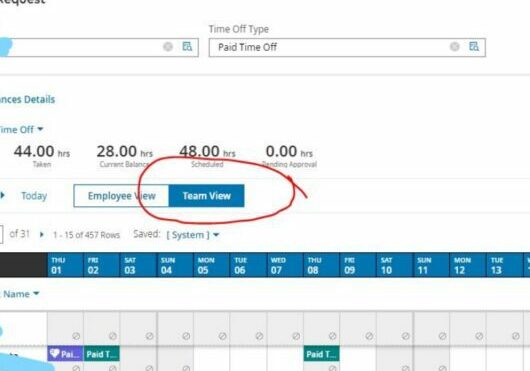What Payroll Records do I Have to Keep?
by Paul Devlin

Maintaining accurate payroll records is not only crucial for internal management but also a legal requirement. This guide outlines the federally mandated retention periods for different types of payroll records in the United States, highlighting the importance of compliance and the potential penalties for non-compliance. While this guide focuses on federal requirements, employers should also be aware of state-specific policies or exceptions that may apply.
Key Federal Regulations and Retention Periods
1. Fair Labor Standards Act (FLSA)
- Records to Keep: Basic employment data including employee’s full name, social security number, address, birth date (if younger than 19), gender, occupation, hours worked each day, total hours worked each workweek, basis on which employee’s wages are paid, regular hourly pay rate, total daily or weekly straight-time earnings, total overtime earnings for the workweek, all additions to or deductions from the employee’s wages, total wages paid each pay period, date of payment, and the pay period covered by the payment.
- Retention Period: At least 3 years for payroll records, collective bargaining agreements, sales and purchase records. Records on which wage computations are based (e.g., time cards, piece work tickets, wage rate tables, work and time schedules, and records of additions to or deductions from wages) should be retained for 2 years.
2. Internal Revenue Service (IRS)
- Records to Keep: Tax forms such as W-4s, W-2s, and any other tax-related documents, including those pertaining to employee withholding allowances, payroll taxes withheld, and payments made to employees.
- Retention Period: At least 4 years after the due date for the tax or the date the tax was paid, whichever is later.
3. Equal Employment Opportunity Commission (EEOC)
- Records to Keep: Payroll records should also include details on gender and ethnicity to comply with the practices promoting equal employment opportunities.
- Retention Period: At least 1 year from the date of the record or the personnel action involved, whichever is later. If an employee is involuntarily terminated, their personnel records must be kept for a minimum of 1 year from the date of termination.
4. Family and Medical Leave Act (FMLA)
- Records to Keep: Basic payroll and identifying employee data, dates FMLA leave is taken by FMLA-eligible employees (leave must be designated in records as FMLA leave), hours of the leave if FMLA leave is taken in increments of less than one full day, copies of employee notices of leave furnished under FMLA, any documents (including written and electronic records) describing employee benefits or employer policies and practices regarding the taking of paid and unpaid leave, premium payments of employee benefits, and records of any dispute between the employer and an employee regarding the designation of leave as FMLA leave.
- Retention Period: 3 years.
State-Specific Policies and Exceptions
Employers must be mindful that state laws can mandate longer retention periods or additional record keeping requirements. For example, some states may require employers to retain payroll records for up to 6 years. It’s crucial for employers to consult with local regulations to ensure full compliance.
Penalties for Non-Compliance
Failure to retain payroll records as required by law can result in penalties, including fines and liability for back wages. In some cases, it can also lead to criminal charges. The inability to produce required records during an audit or legal proceeding can put employers at a significant disadvantage.
Best Practices for Compliance
- Regular Audits: Conduct periodic audits of your payroll records to ensure compliance with both federal and state requirements.
- Digital Storage: Consider digital storage solutions that comply with security standards to safeguard records and ensure easy retrieval.
- Stay Informed: Laws and regulations can change. Regularly review updates to federal and state laws affecting payroll record retention.
This Q&A does not constitute legal advice and does not address state or local law. Please contact your friendly APlus CSS for any other questions or clarification on where to find the specific details for your State(s)



